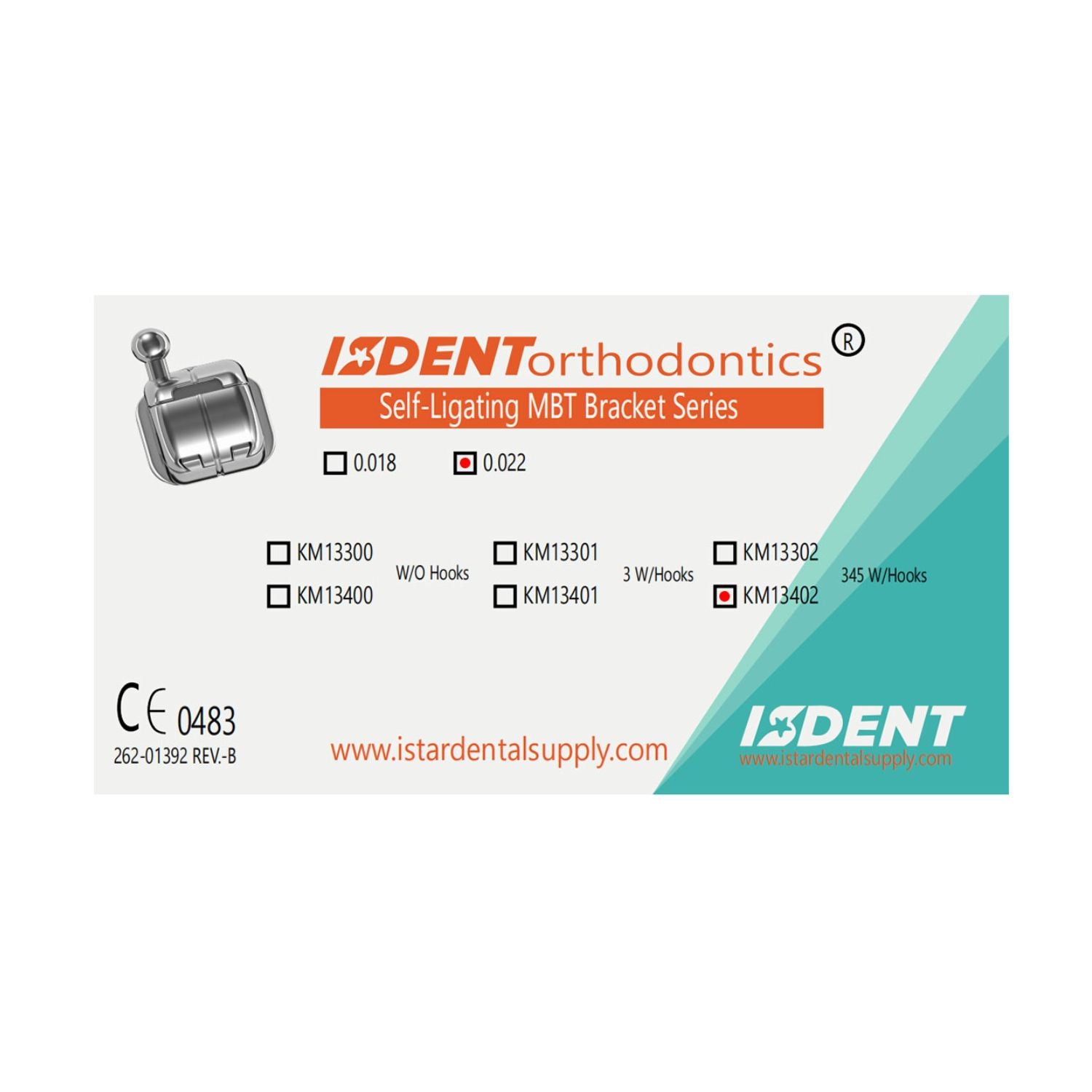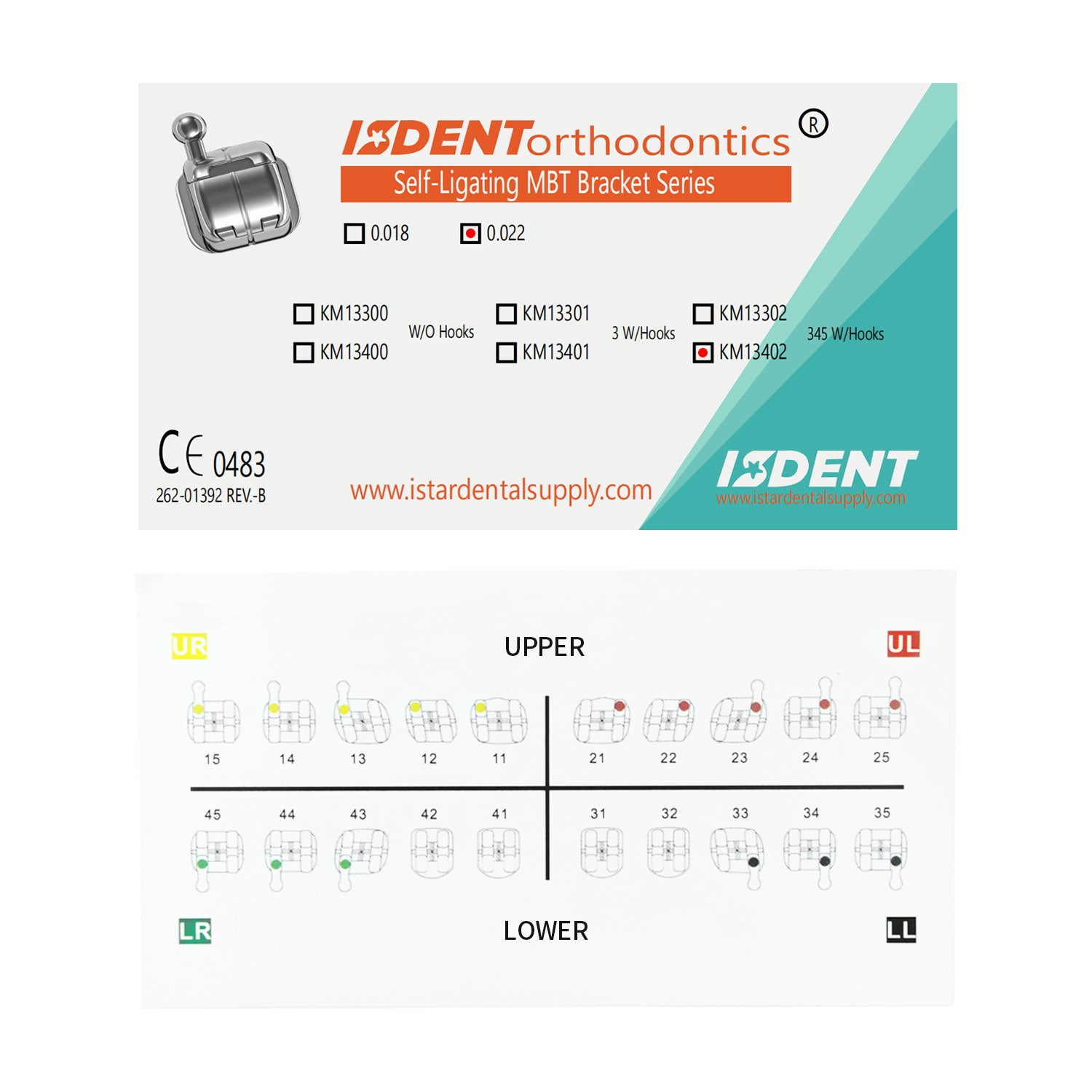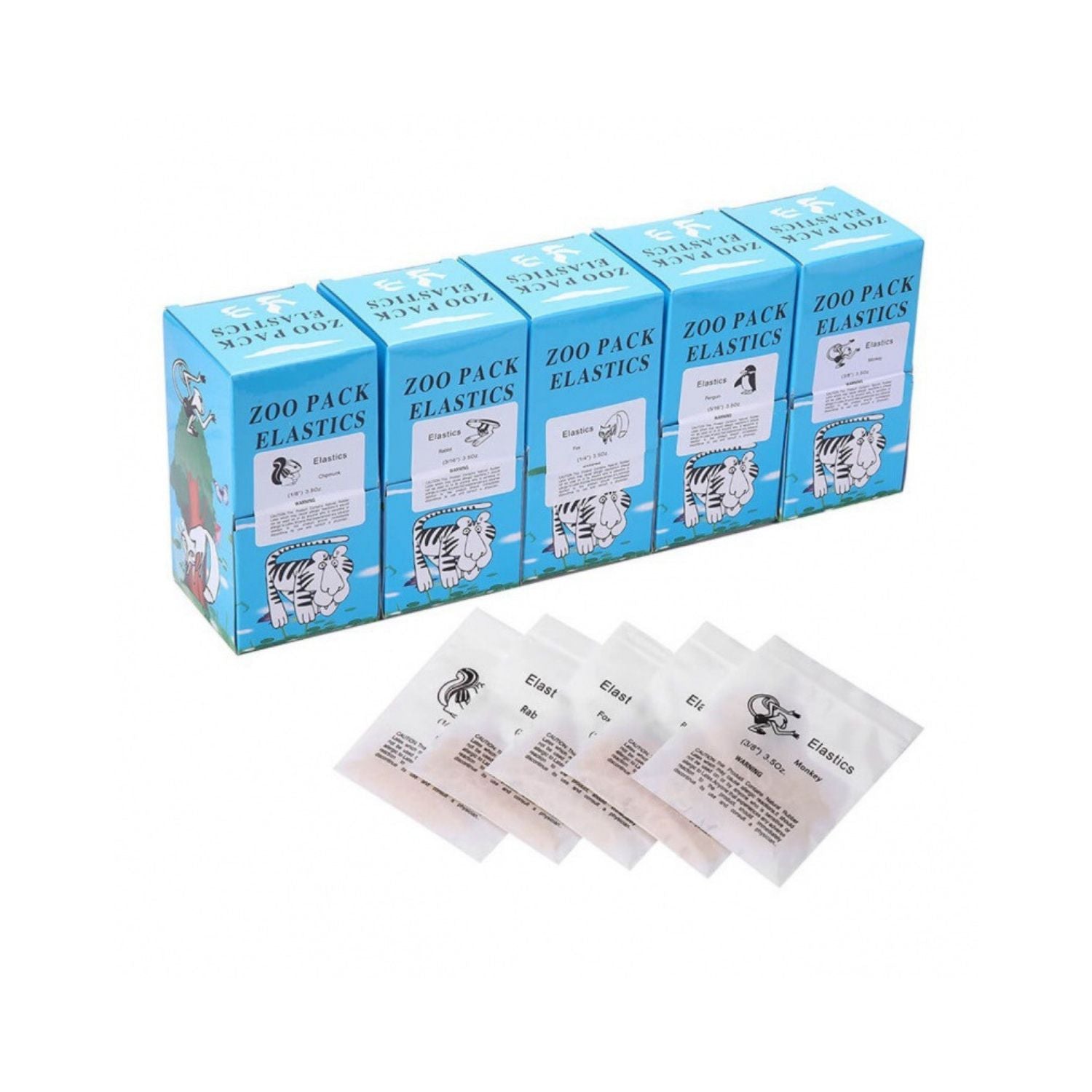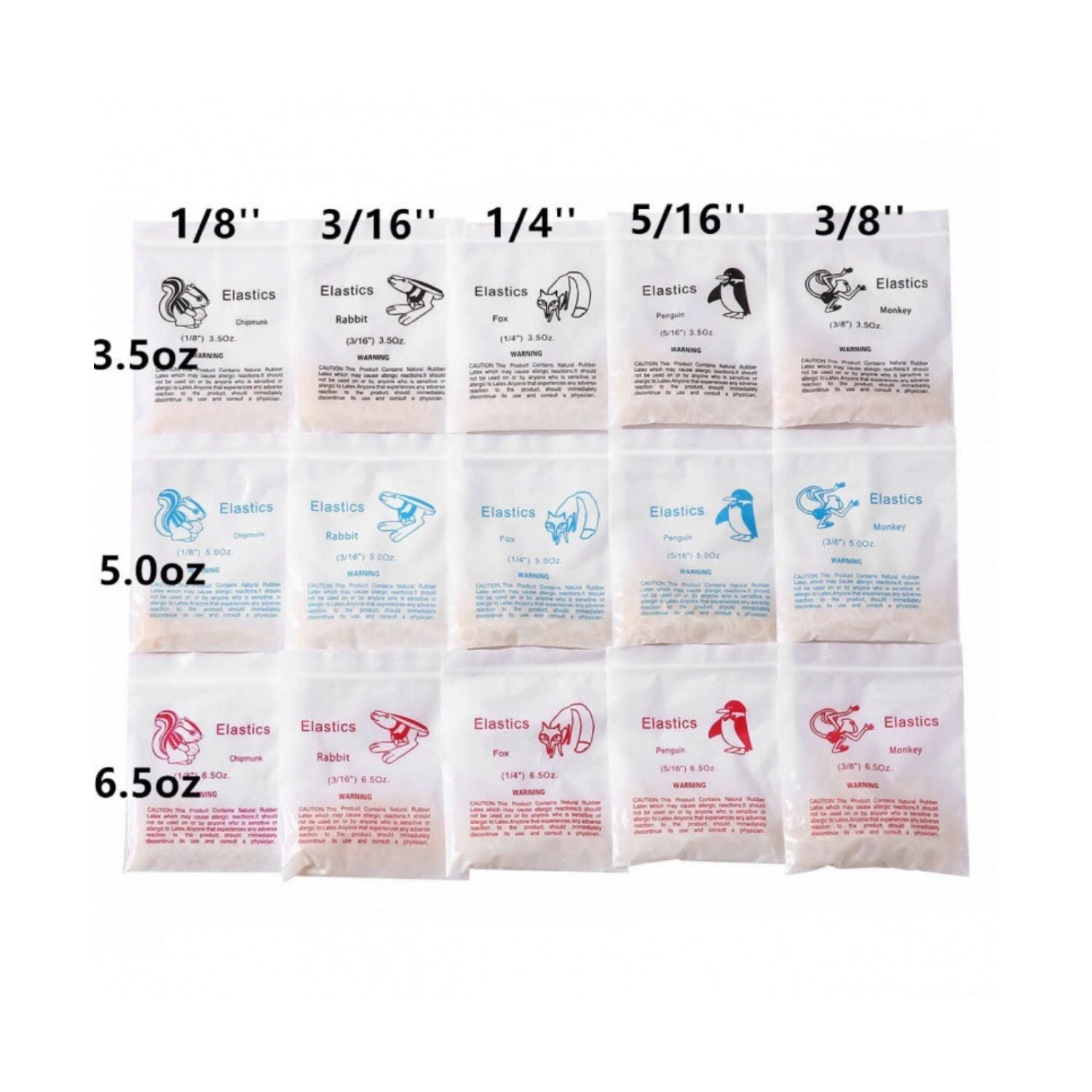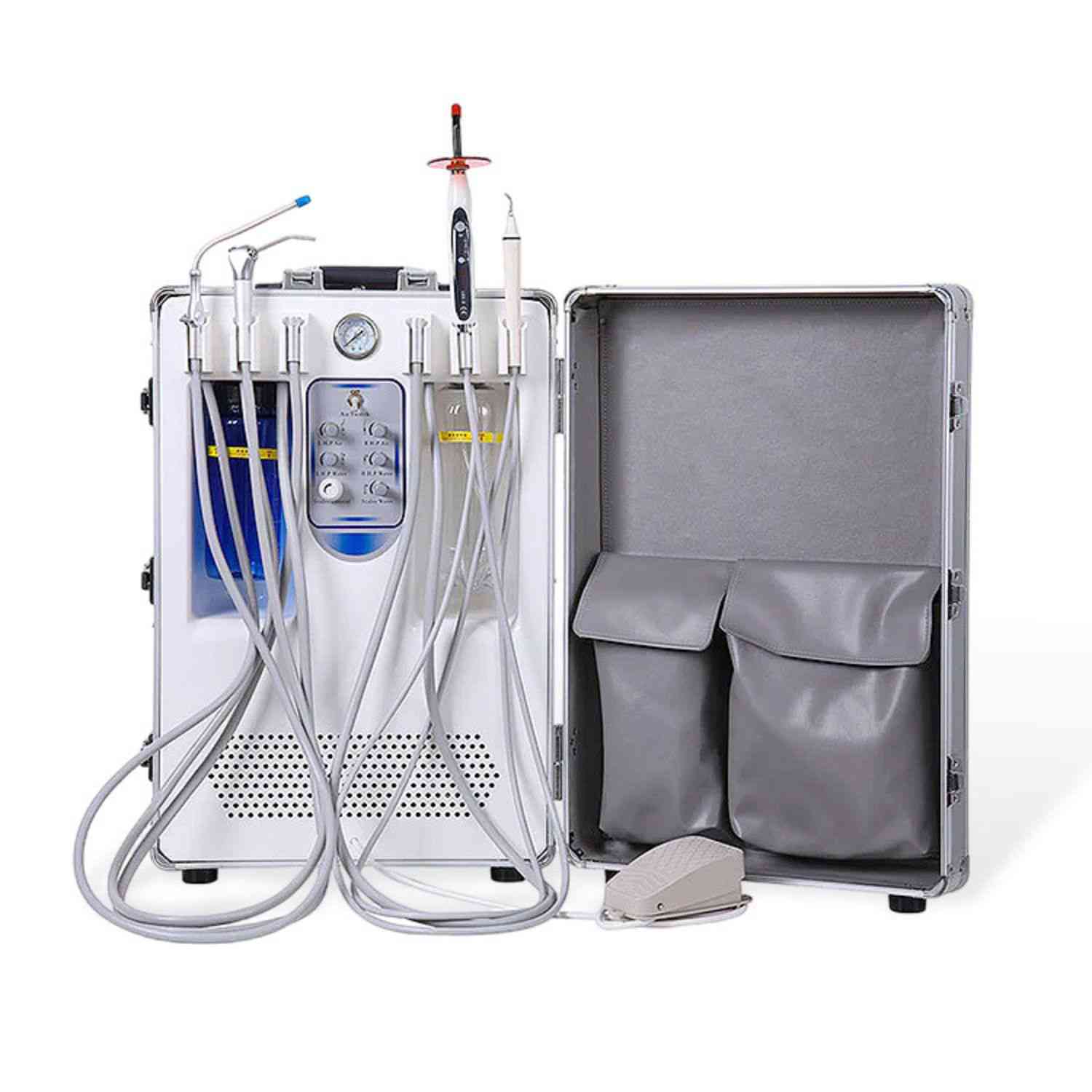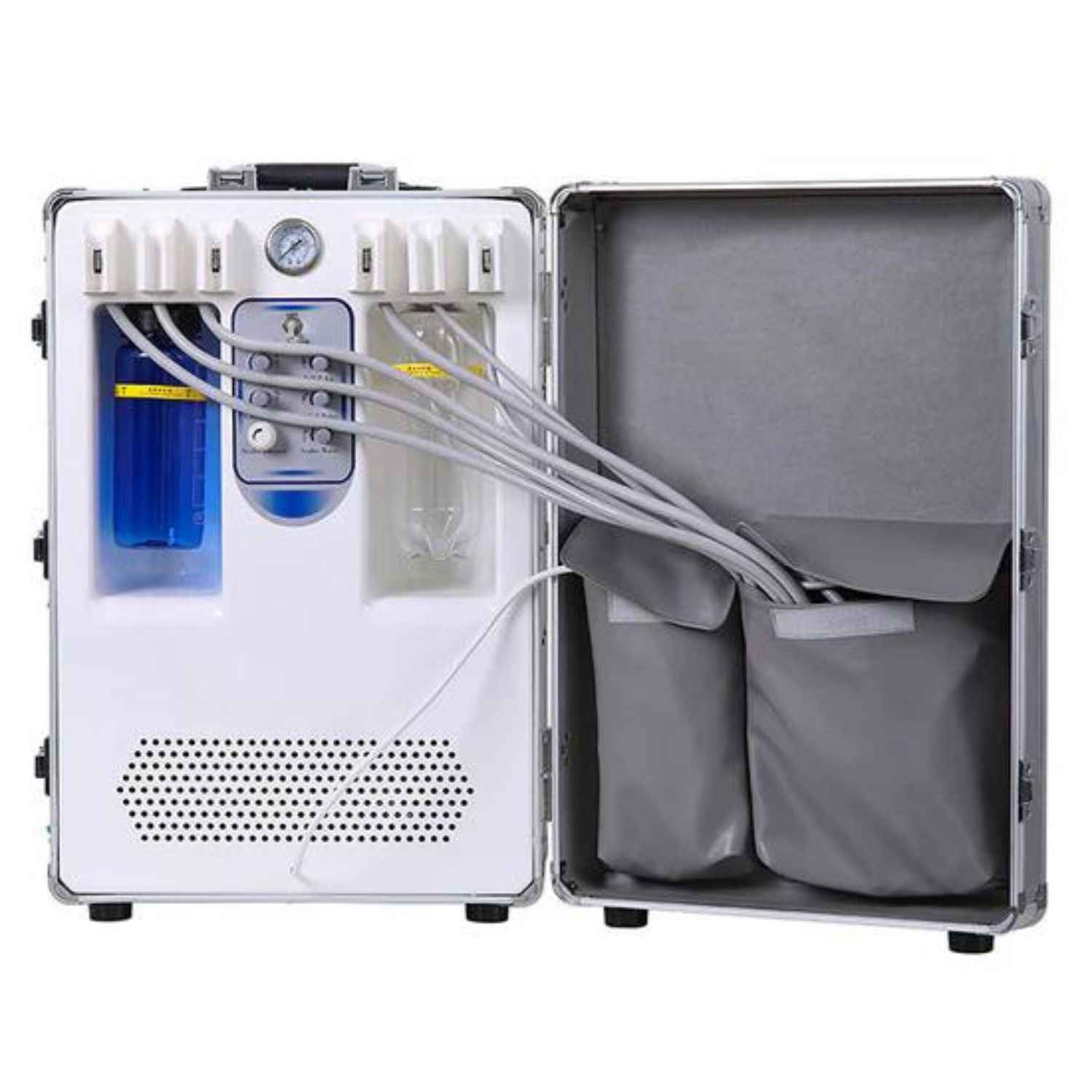What Is Dental Bonding: A Simple Guide
Are you looking for a way to fix a chip in your tooth? Maybe you have a gap you want to close. Dental bonding might help you! This is a simple way to make your teeth look better. Let's learn all about it.
What is Dental Bonding?
Dental bonding is when your dentist puts a special kind of tooth-colored resin on your teeth. This resin is like a soft clay at first. Your dentist shapes it to make your tooth look just right. Then they use a special UV light to make it hard.
Dental bonding is one of the most used ways to fix small tooth problems. It helps with many little fixes on teeth .
Who Needs Dental Bonding?
Dental bonding can help with lots of tooth problems. Here are some reasons you might need it:
-
To fix chips or cracks in teeth
-
To close gaps between teeth
-
To cover up discolored teeth
-
To make uneven teeth look better
-
To protect roots that show when gums pull back
Bonding is best for small problems. If you have a big cavity or a tooth that is very broken, you might need something else .
The Step-by-Step Dental Bonding Process
Here is how dental bonding works:
-
First visit: Your dentist picks a resin color that matches your teeth
-
Getting ready: Most people don't need shots to numb the area
-
Tooth prep: The dentist puts a special gel on your tooth to help the resin stick
-
Bonding time: The dentist puts on the resin and shapes it
-
Hardening: A special light makes the resin hard
-
Final touches: The dentist shapes and polishes the resin so it looks just like your real tooth
Good news! Dental bonding doesn't hurt for most people . The whole thing takes about 30-60 minutes for each tooth .
Dental Bonding vs. Other Options
Let's see how bonding compares to other ways to fix teeth:
|
Option |
Cost |
Durability |
Process |
Best For |
|
Dental Bonding |
$300-$600 per tooth |
5-10 years |
One visit, minimal tooth prep |
Minor chips, gaps, discoloration |
|
Veneers |
$925-$2,500 per tooth |
10-15 years |
Multiple visits, some tooth removal |
More permanent cosmetic fixes |
|
Crowns |
$800-$1,500 per tooth |
15+ years |
Multiple visits, significant tooth prep |
Badly damaged teeth |
|
Inlays/Onlays |
$650-$1,200 per tooth |
10-30 years |
At least two visits |
Larger cavities |
As you can see from the table, bonding is the cheapest option . It's perfect when you want a quick fix without spending too much money.
Good Things About Dental Bonding
Dental bonding has lots of benefits:
-
It costs less than other options
-
It doesn't hurt your natural tooth much
-
You can get it done in just one visit to the dentist
-
It looks very natural
-
It's easy to fix if it gets damaged
Many dentists recommend bonding for small fixes. Dr. Nandita Lilly, a certified dentist, says bonding is safe and works well for minor repairs .
Not-So-Good Things About Dental Bonding
There are some downsides too:
-
It can stain more easily than natural teeth
-
It doesn't last as long as crowns or veneers (usually 5-10 years)
-
It's not good for big repairs
-
It can chip if you bite hard things
If you get dental bonding, you'll need to be careful with it. Don't chew on ice or pens, and try not to drink too much coffee or tea .
How Much Dental Bonding Costs
The cost of dental bonding depends on a few things:
-
How many teeth need fixing
-
How bad the problem is
-
Where your dentist is located
-
How much experience your dentist has
On average, dental bonding costs about $400-$2,000 per tooth . That's a big range! But most people pay closer to the lower end for simple fixes.
Insurance might pay for bonding if it's needed to fix a cavity or broken tooth. But if you're getting it just to look better, you might have to pay yourself.
Want to save money? Ask about:
-
Payment plans at your dentist's office
-
Dental schools (they often do work for less)
-
Dental discount plans
Looking for dental supplies for your office? Check out dental equipment for professional tools needed for bonding procedures.
How to Take Care of Bonded Teeth
Once you get dental bonding, you need to take good care of it. Here's how:
Do These Things:
-
Brush twice a day with soft toothpaste
-
Floss every day
-
Go to regular checkups
-
Use a mouth guard if you grind your teeth at night
Don't Do These Things:
-
Bite hard foods or objects (like ice or pens)
-
Drink lots of coffee, tea, or red wine (they can stain)
-
Use your teeth to open things
-
Smoke or chew tobacco (causes stains)
With good care, your dental bonding can last 3-10 years . After that, you might need to get it redone.
For dentists performing bonding procedures, having the right dental curing light is essential to properly harden the composite resin.
Real People with Dental Bonding
Let's look at a real case:
"I had a small chip in my front tooth from biting into an apple. I was worried it would cost a fortune to fix, but my dentist suggested bonding. It only cost me $350, took less than an hour, and you can't even tell it was ever chipped!" - Dental bonding patient
This shows how bonding can be a quick, low-cost fix for minor problems. The results can look very natural.

Common Questions About Dental Bonding
Is dental bonding painful?
No, most people don't need any pain medicine. The work is done on the outside of your tooth .
Can bonded teeth be whitened?
No. The resin won't change color with whitening treatments. If you want whiter teeth, do whitening first, then get bonding to match your new tooth color.
What should I do if my bonding chips?
Call your dentist to get it fixed. Don't wait too long or your tooth could get more damaged.
Is dental bonding safe?
Yes! The materials used are safe for most people .
How long does dental bonding take?
Usually 30-60 minutes per tooth .
Dental Bonding vs. Composite Veneers
People sometimes mix up dental bonding and composite veneers. They use the same materials, but:
-
Bonding usually fixes just part of a tooth
-
Composite veneers cover the whole front of a tooth
Both are done the same way and cost about the same. Your dentist might use orthodontic attachments to help place and secure certain types of dental work.
When Bonding Isn't Right For You
Dental bonding isn't for everyone. You might need a different fix if:
-
You have a lot of decay or very large chips
-
You grind or clench your teeth very hard
-
You want something that will last for many years without redoing it
-
You have habits like biting nails or chewing ice
In these cases, crowns or veneers might be better choices. Talk to your dentist about what's best for your teeth.
Before and After Dental Bonding
The change with dental bonding can be big! Before bonding, you might have:
-
Visible chips or cracks
-
Gaps between teeth
-
Teeth that look too small
-
Stained areas that won't whiten
After bonding, your smile looks whole again. The bonded areas blend with your real teeth. Most people can't tell which part is bonding and which is your natural tooth.
For dental professionals, having quality dental handpieces ensures precise application of bonding materials.
Types of Bonding Systems
Dentists use different ways to make the bonding stick to your teeth:
-
Total-etch systems: The dentist puts acid on your tooth first
-
Self-etch systems: The bonding material has acid in it
-
Universal adhesives: These work in different ways and are easier to use
Your dentist will pick the best system for your teeth.
Dental Bonding for Kids
Dental bonding is good for kids too. It can fix teeth that are chipped from falls or sports. Since kids' teeth are still growing and changing, bonding is a good short-term fix until they are older.
Choosing a Dentist for Bonding
Not all dentists are the same when it comes to bonding. Look for:
-
A dentist who does a lot of cosmetic work
-
Before and after pictures of their bonding work
-
Good reviews about their cosmetic dentistry
-
Someone who takes time to match colors well
The skill of your dentist makes a big difference in how good your bonding looks!
Sum It All Up
Dental bonding is a fast, budget-friendly way to fix minor tooth problems. It uses tooth-colored resin to:
-
Repair chips and cracks
-
Fill gaps
-
Cover stains
-
Reshape teeth
The process is quick, usually painless, and costs less than other options. Bonding doesn't last as long as crowns or veneers, but with good care, it can look great for many years.
If you think dental bonding might be right for you, talk to your dentist. They can tell you if bonding will work for your specific needs.
Remember: A beautiful smile is just a dental visit away!



